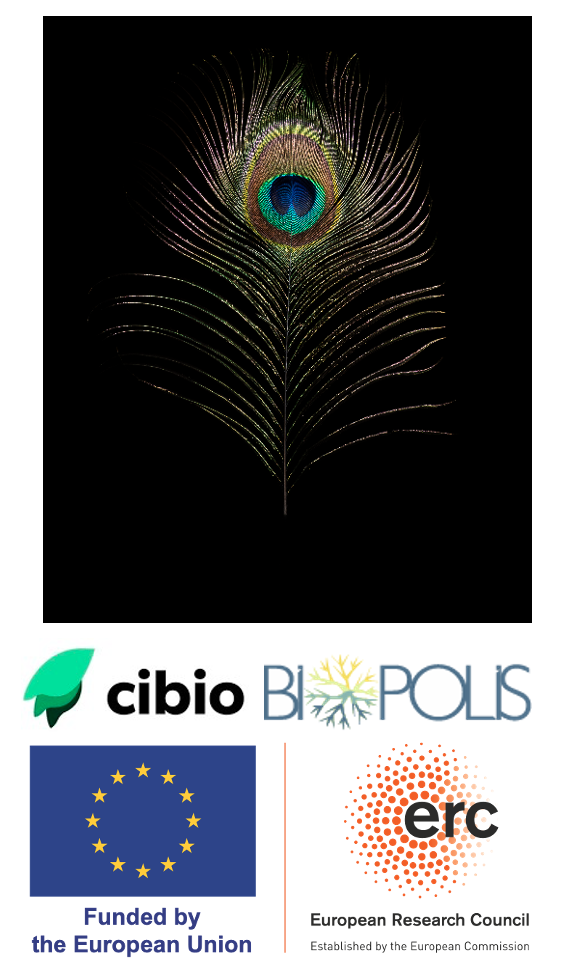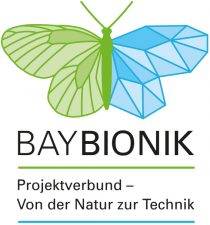Collaborative Research Projects
Active Projects

SFB 1411 – Design of Particulate Materials
The key objective and long-term vision of Collaborative Research Centre 1411 is the targeted design of particulate products by rigorous optimisation based on predictive structure-property and process-structure functions. With a broad consortium of researchers with expertise in synthesis, self-assembly, characterisation, modelling, simulation and optimization, we set out to target this challenge in all its aspects.
SFB 1452 – Catalysis at Liquid Interfaces
The collaborative research center aims to explore the highly dynamic, anisotropic environment of liquid interfaces to create, tailor and stabilize catalytically active sites with unique reactivity and performance.
The objective of our research project within CLINT was to develop interface-enhanced supported ionic liquid phase (SILP) catalysts. To achieve this, we explored various surface modifications to enhance the wettability of substrates with ionic liquids pertinent to catalysis. We systematically investigated different ionic liquids, focusing on their physicochemical properties, and utilized these insights to tailor surfaces that would induce a complete wetting state for these ionic liquids. We formulated two primary approaches for surface modification: introducing nanoscale roughness via particle deposition to create a Wenzel-wetting scenario, and employing the self-assembly of silane molecules with imidazolium functionalities to mimic the chemical structure of the imidazolium-based ionic liquids used in the study. Additionally, we successfully developed a method to adjust the film thickness to study the effect of catalyst positioning within the IL film.


EYESPOT: Investigating the molecular mechanisms of structural colouration in birds
The ornamental eyespots on the peacock’s tail are examples of structural colouration, which is responsible for some of the most extraordinary visual effects. The structural colours of bird feathers are generated by a combination of pigments and the precise arrangement of nanostructures interacting chemically and physically.While much is known about the optical and physical aspects of this phenomenon; the underlying molecular mechanisms remain unexplored. The EU-funded EYESPOT project deciphers the genetic and cellular basis of structural colouration by exploiting the exceptional diversity of peacock colour mutations that resulted from captive breeding and exploring wild species that display this phenomenon. The project integrate techniques and expertise in genetics and genomics, cell and molecular biology, and photonics.
As a beneficiary in EYESPOT, we work closely together with our partners around PI Miguel Carneiro from cibio and BIOPOLIS at the University of Porto, Portugal, to understand the structural origin of color in peacock feathers and to replicate the stunning color effects in the lab.
Publications:
Carina Bittner, Gudrun Bleyer, Nico Nees, Miguel Carneiro, Lukas Pflug, Michael Stingl, Nicolas Vogel
Optimizing Color Saturation in Colloidal Photonic Crystals by Control of Absorber Amount and Distribution
Adv. Mater. Interfaces 2024, 23009862300986
Past Projects
Baybionik – Von der Natur zur Technik
Bionic seeks to identify concepts from the natural world and transfer them to solve technological problems. In this consortium, funded by the State of Bavaria (Bayerisches Staatsministerium für Umwelt und Verbraucherschutz) different bionic approaches are pursued to develop sustainable approaches for greener materials.


POSEIDON – Nano Photonic devices applying Self-assembled colloids for novel on-chip light sources
Funded as a FET-OPEN project by the European Union, POSEIDON sets out to develop a new strategy for on-chip light sources. The consortium will develop a bottom-up approach towards multi-scale, on chip self-assembly of active colloids based on low cost colloid technology. For the first time this encompasses the entire process chain of computer-aided design, controlled synthesis, hierarchical assembly, optoelectronic integration and device fabrication.
Limnoplast:
Microplastics In Europe’s Freshwater Ecosystems: from sources to solutions
Small plastic particles, known as microplastic have been detected ubiquitously in various ecosystems around the globe where they are bioavailable for a broad range of organisms may negatively affect ecosystems and consequently society and economy. The LimnoPlast project, funded as an integrated training network by the European Union, devotes its research and training program to microplastic in Europe’s freshwater ecosystems. LimnoPlast challenges traditional barriers between disciplines and sectors and combines environmental, technical and social sciences in order to tackle the problem from its sources to potential solutions.
